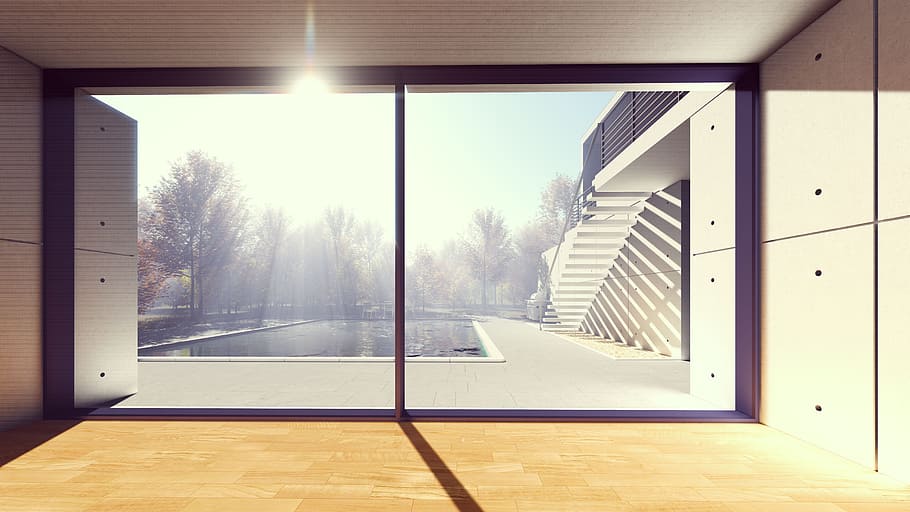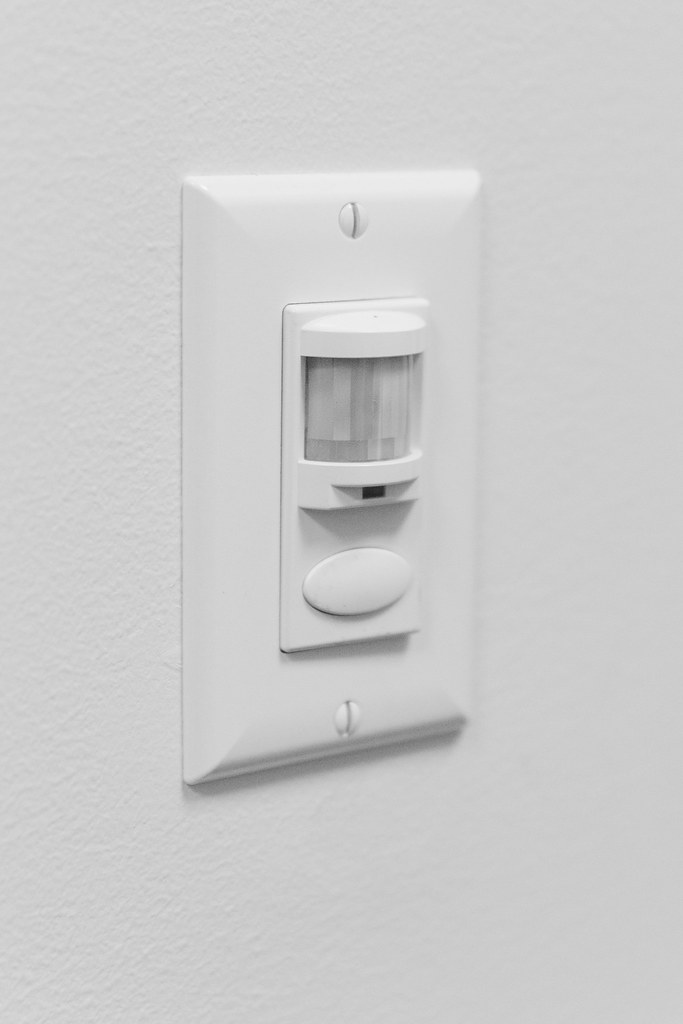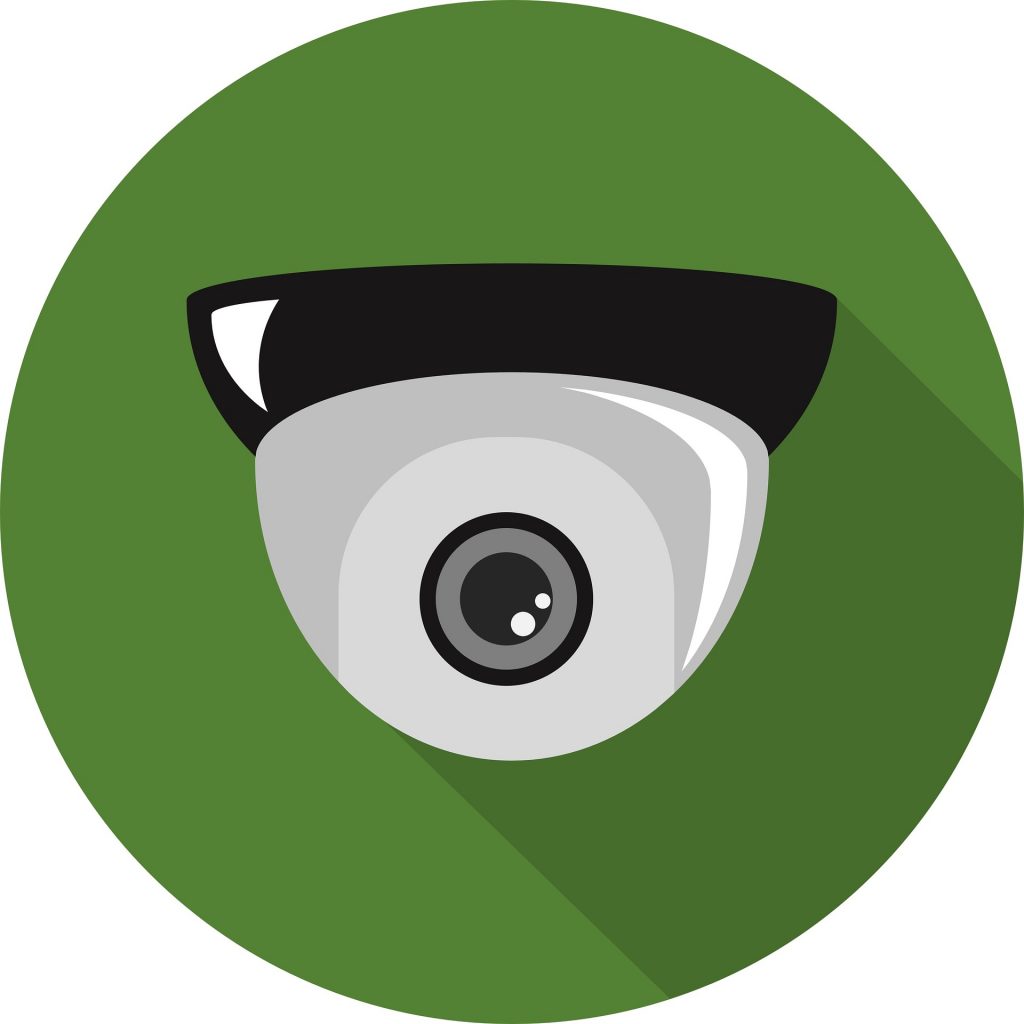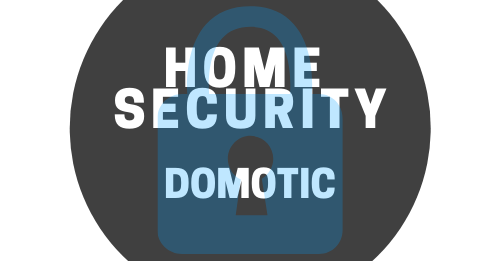How to Secure Your Sliding Glass Door

Most of our homes have sliding glass entryways from the rooms or lounge area, to the outside areas. Therefore, securing your sliding door is a must as burglars target those spots, which are often easy to force open.
Below are some tips to secure your sliding door.
Test the current lock
Many sliding entryways will have a lock on one side, regularly in the handle; this little hook lock holds the entryway to the edge. Before tending to some other security entryway issues, ensure this lock works by shutting the entryway, locking it, and after that attempting to pull it open.
Keep up entryway tracks and rollers
Most sliding entryways move forward and backward on plastic rollers. In the worst-case situation where the rollers are damaged, they won’t move easily, and the entryway might be all the more effectively lifted from its tracks. Sliding doors are easily secured with a broom handle laying in the track, cut to size to prevent the door from sliding or a similar wood leftover. Blocking bars can be added, that extend across the stationary side of the sliding door, blocking the door from being opened. If the blocking bar is made of a substantial metal, it will provide a reasonable degree of security. Most blocking bar systems have mechanical attachment methods.
The Glass Panels
The prominent glass feature of sliding doors entryways is also one of its most significant shortcomings. The huge, single plates of treated glass are effectively broken. Sliding glass doors nowadays can be requested in a way that they are exceptionally secure. Glass can be made to a standard quality, then moved up to tempered and after that moved up to the overlaid glass. Opt for a sliding glass door with either laminated glass or laminated-insulated glass. It’s more expensive, but it’s more resistant to breaking. Most commercial structures use this type of glass in an effort not to need to board their windows and doors during storms because it meets the hurricane code.
Security Sensor
A security sensor informs you when a sliding glass entryway is opened without your insight or consent. It sends a sign to an alert board when the glass opens, either setting off a caution sound or naturally calling your security organization, contingent upon your particular security framework. A motion-sensor light bulb or floodlight can startle a would-be burglar and make him wonder whether the light is linked to a security camera and an alarm system.

Security Camera
A visible dummy security camera, on its own, is useless against a professional burglar but might deter an amateur. Nothing says that it can’t be used in conjunction with a real security camera.
A real functioning and ideally a well-hidden security camera might deter a professional burglar who notices it. Further, the camera will provide footage to the police for investigation. A reliable camera must have night-vision, motion-sensor, Wi-Fi connectivity, and the ability to record.

Blackout curtains
If a burglar can’t see inside, then he can’t see if there is anything worth stealing and also whether or not a security camera might lie behind that curtain.
Heavier Locks
The lock on a run of the mill sliding glass entryway comprises a lock formed like a snare that takes hold of the door jamb. These locks are regularly temperamental and can be constrained open with a hard shake or force.
Contract a Professional
Home well-being and security isn’t something to be trifled with. As such, do not wait to seek assistance from experts. They will advise you on a full line of entryway and window equipment and security apparatus.
Many aspects you love about your sliding door are the same aspects burglars consider when they break into your home. Below are the main reasons behind why burglars target sliding doors.
Convenience
Most of the sliding doors possess only one lock that can be easily unlocked with a screwdriver.
Quiet
Because those doors slide back and forth, they are generally very quiet and cannot be slammed shut. Intruders take advantage of this situation by picking a lock or lifting it off the door’s track- hence a fast and silent way to break in.
Open
We love sliding doors because they act as large windows, allowing plenty of sunshine inside the house. However, this is also one of the biggest weaknesses of this type of door. If you leave your blinds open along with your sliding doors uncovered, you are offering intruders an opportunity for a quick inventory of your home before they break inside.
If your first-floor balcony is high enough, a burglar would usually prefer to go through the front door. So, if the balcony is slightly hidden, it is a good idea to secure it as well as the front door. Further, do check your sliding door every night and repair any damage as soon as you can.
